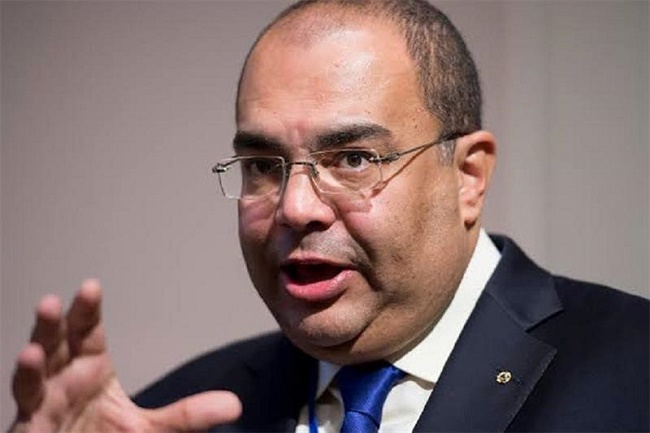The second of the “Regional Finance Forums” – convened by the United Nations Economic and Social Commission for Asia and the Pacific (ESCAP), the incoming Egyptian Presidency of COP27 and the UN Climate Change High Level Champions for COP26 and COP27 – has concluded in Bangkok.

Hosted at the headquarters of ESCAP, it continues a series of forums launched last month with focus on implementation and delivering urgent near-term action and to accelerate progress to catalyse forward-looking opportunities.
High-Level Champion for Egypt, Dr. Mahmoud Moheildin, said: “We need a holistic approach to the SDG 13, climate action, but we should not forget that we are living in a complex world. As we focus on implementing the Paris Agreement, the interdependencies on food security, energy access, and financing efforts become evident. In this, regionalising and localising our efforts to accelerate the deployment of blended finance with government, the public and private sector is key.”
The forum discussed 10 core climate projects across Asian and the Pacific – including financing Nationally Determined Contributions, public-private partnerships on infrastructure, financing green grids and mobilising green financing through capital markets – totaling $41.1 billion in investment towards building climate mitigation, adaptation and resilience.
For example, the session on unlocking climate finance for green grid investments informed stakeholders about the need for and role of a public-private-partnership mobilisation of climate finance in energy transmission, such as the Green Grids Initiative, launched at COP26.
At the closing plenary, Armida Alisjahbana, Under-Secretary-General of the United Nations and Executive Secretary of ESCAP, said: “The potential of evolving climate finance especially enabling environments for capital markets and green bonds is an important steppingstone and cannot be a one-off effort to be built across a series of forums for regional and global collaboration.”
High-Level Champion for Egypt, Dr. Mahmoud Moheildin, reflected on the outcome of the forum by highlighting: “We need to take this holistic approach, which was represented in projects presented, while they were thematically focused, can see the impacts are SDG focused resulting in alignment of the Paris Agreement and SDGs.”
One of the key questions on delegates’ minds at the forum concerned the decreased reliability of debt financing and opening the way for partnerships through investments, need grants, and $100 billion to be fulfilled through a transparent and global assessment of climate action involving all actors including business leaders, regional capitals and youth groups.
The projects for the Asia and Pacific will provide input into a compendium of initiatives to be presented to the United Nations Secretary-General at COP27.
